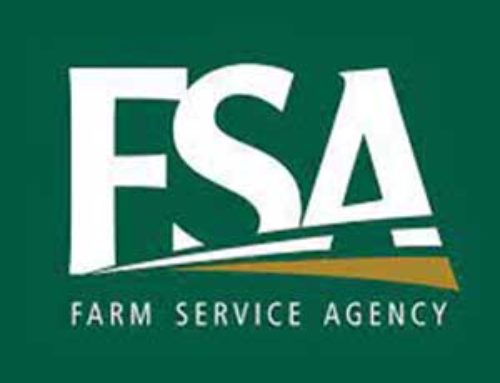Washington State juice grape growers have a new tool to help them assess their sustainable farming practices. It’s called the Washington State Juice Grape Sustainability Report Card.
Processors, retailers, and consumers are interested in sustainability, a term that has a lot of meanings. Consumers generally associate the term with environmental practices, while producers relate it to practices that will sustain their business for the long term.
The Sustainable Agriculture Research and Education Program of the U.S. Department of Agriculture has defined sustainability for the agricultural community to include the three E’s of:
—Economics: business must be profitable over the long term
—Environment: business is a steward of land, air, and water
—Social Equity: business enhances the quality of life for producers and their communities.
The report card, a workbook published by Washington State University Extension, was developed and compiled by WSU extension educators and researchers, and juice grape growers and processors. The project was funded by a grant from the Washington State Department of Agriculture’s Specialty Crops Block Grant Program.
The workbook is set up like a report card and covers seven sections relevant to production, from vineyard and canopy management to nutrient, pest, and irrigation management to pesticide safety and continuing education.
Sections have specific questions for the grower to answer relating to production practices and activities. Each question has up to four potential responses in a one-to-four rating format, with one being highly sustainable and four being unsustainable.
After completing the questions, the grower tallies his or her scores and determines an overall score. Growers can then use the workbook’s score interpretation to see how their practices compare to industry averages.
The report card is designed to help growers identify where their vineyard operation excels and where improvement is needed. An action plan and template can be used to develop a plan and set goals to improve viticultural practices.
“This document should be viewed as a production system sustainability assessment tool focused on principles and practices, rather than a tool for measuring specific outcomes or assessing larger systemic questions of sustainability,” said WSU’s Dr. Michelle Moyer, who worked on the project.
“We hope the report card will help Washington State growers reach the next level of excellence by identifying areas for improvement under the definition of sustainable agricultural production,” she said.
The document is being distributed free to juice grape growers through their processor and is also available from WSU Extension Publications under the publication number EM085 at www.pubs.wsu.edu.







Leave A Comment